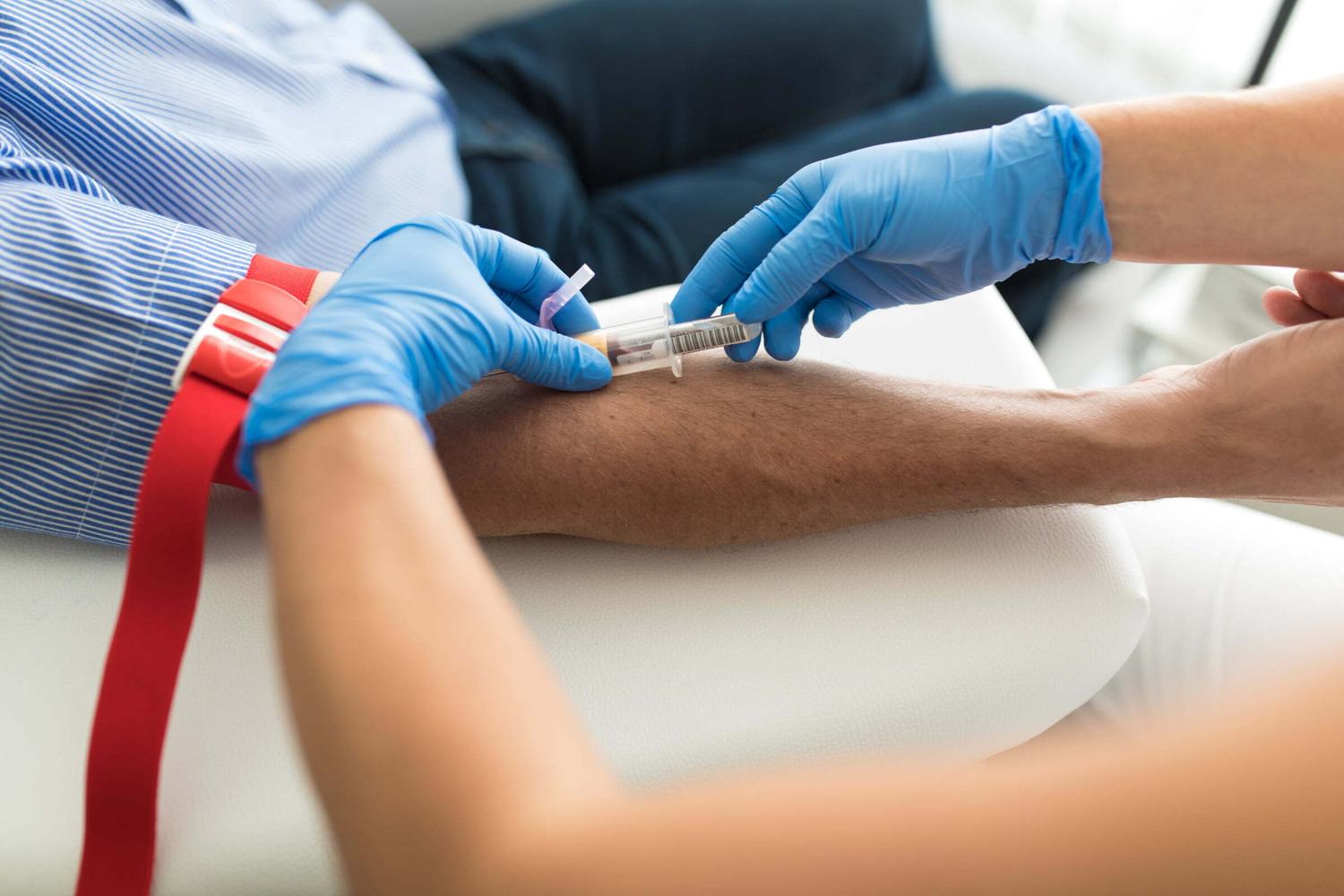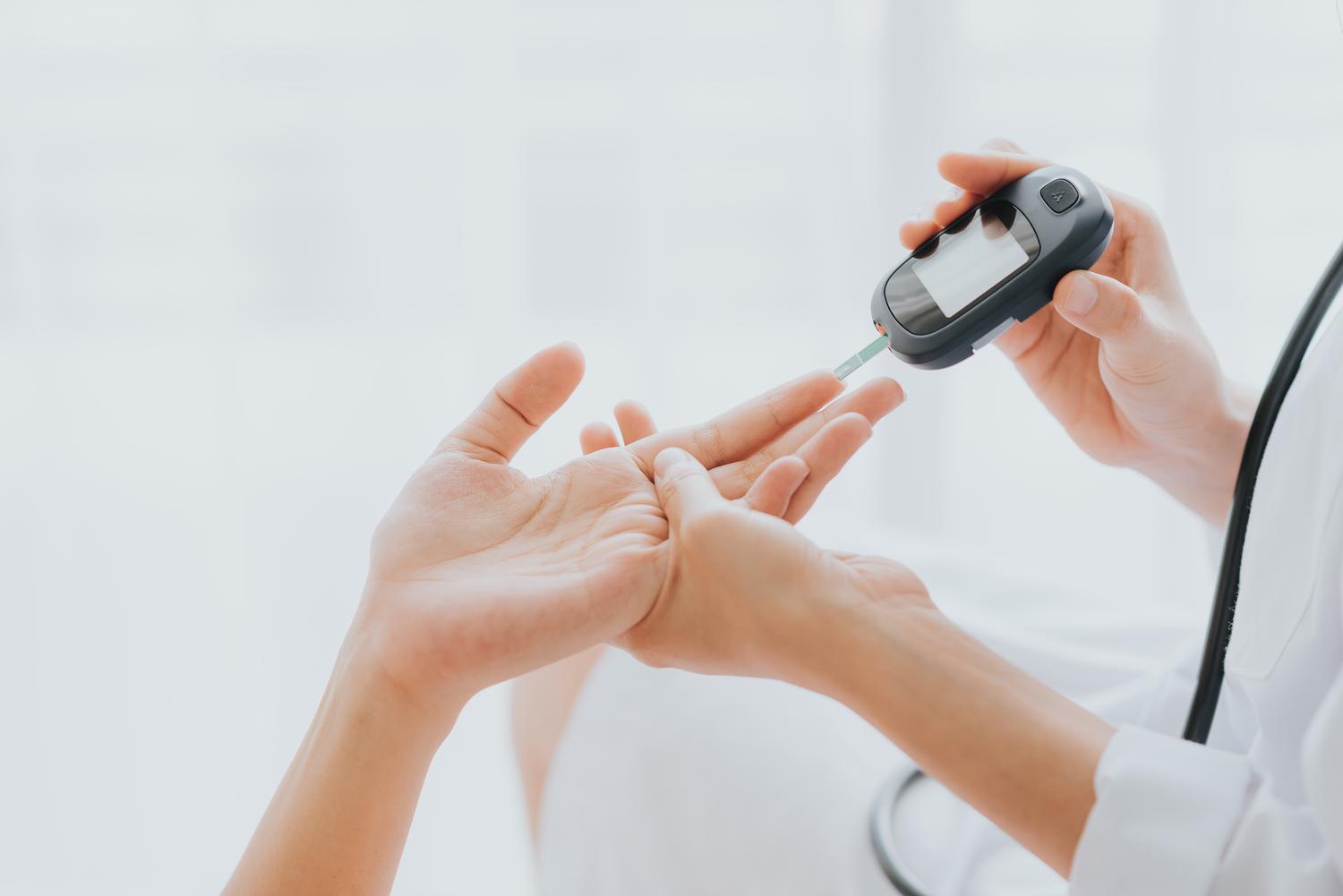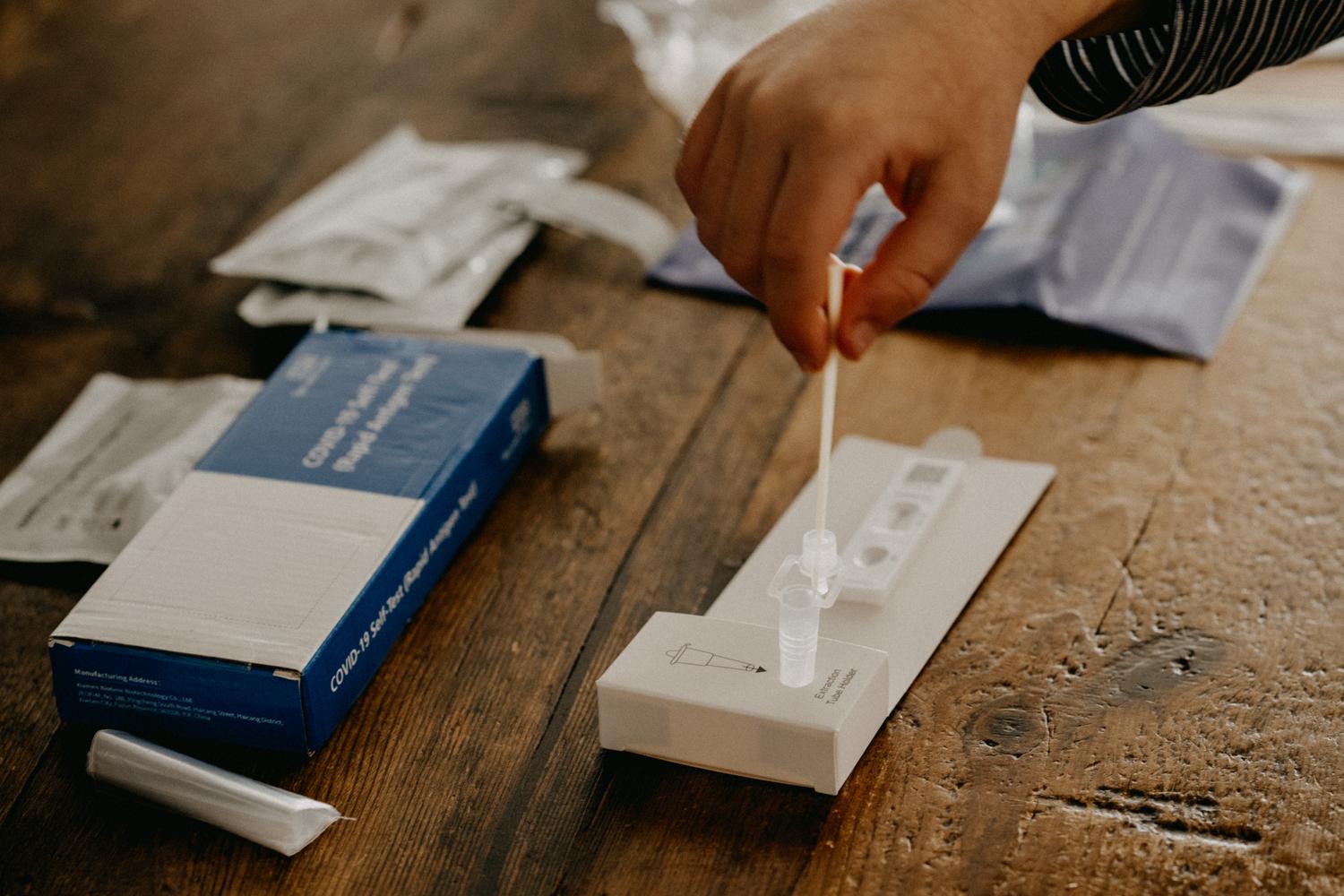Can You Get a Complete Blood Count Lab Test Online?
Yes! Sesame has partnered with over 1,500 Quest Diagnostic locations to offer blood testing - such as complete blood count lab tests - without having to see a doctor first. When you visit a doctor’s office, you will usually have to pay for both the blood test and the doctor’s order for the test. When you schedule your blood test online through Sesame, the price of the doctor’s order is included with the price of the test. With labs purchased through Sesame, you are guaranteed the best cash price for your comprehensive metabolic panel test - no insurance needed.
If you’re ready to book a lab test, follow these simple steps:
1) Search for the type of lab test you are looking for (e.g., “Complete Blood Count”, or “Testosterone Lab Test”). 2) Browse Quest Diagnostics locations to find the patient service center that is most convenient for you. 3) Either book a walk-in appointment or schedule a visit for a time that works best for you. 4) Save 50-60% on your test with our online-only prices. Pay a one-time price upfront without ever having to see a doctor. 5) We send immediately send your order to the clinic of your choosing so that you can get your testing done that very same day. Either head to the office for a walk-in appointment, or show up at your scheduled appointment time.
Can’t find the test you’re looking for? Email us at support@sesamecare.com or call us at 1 (877) 947-6411 between 9 AM and 5 PM Central, Monday through Friday. We'll try to find you a lab or blood test as quickly as we can.
What is a Complete Blood Count?
A complete blood count (CBC) is a diagnostic blood test that measures the number of red blood cells, white blood cells, and platelets in your bloodstream. There is a range of each of these components that are considered “normal” or “healthy”. Abnormal levels of blood cells may indicate an underlying health condition requiring treatment.
Why are Complete Blood Counts performed?
A complete blood count is a routine test that helps doctors detect underlying health conditions hard to notice without blood work. In addition, this diagnostic test can help doctors manage existing conditions and track the efficacy and safety of prescription medications being used by the individual undergoing testing.
While CBC tests are not necessarily used to definitively diagnose health conditions, they may help doctors detect abnormalities in the blood that indicate a problem requiring treatment. Some conditions that may be detected by a CBC include:
- Anemia
- Bone marrow disorders
- Malnutrition (such as vitamin or mineral deficiencies)
- Infections
- Inflammation
- Autoimmune disorders
- Leukemia and lymphoma
- Sickle cell anemia
If you have already been diagnosed with a chronic condition such as some of those listed above, or have been prescribed medication that may affect blood cell count, your doctor may order frequent CBC tests to manage and track your health.
If you experience any of the following symptoms persistently, it is recommended that you schedule a complete blood count:
- Fatigue
- Dizziness
- Weakness
- Joint pain
- Unexplained bruising or bleeding
- Unexplained swelling anywhere on the body
- Irregular heart rhythms
- Fever
- Nausea & vomiting
What are normal blood cell counts?
Normal blood cell counts may vary depending on your health history and age. However, in general, healthy blood cell ranges for adults over the age of 15 are as follows:
Hemoglobin (The protein in red blood cells that carries oxygen) Men: 13.0 - 17.0 g/dL (grams per deciliter) Women: 11.5 - 15.5 g/dL (grams per deciliter)
White blood cell count 3,400 to 9,600 cells/mcL
Platelet count Men: 135,000 to 317,000/mcL Women: 157,000 to 371,000/mcL
Counts outside these ranges may not necessarily indicate the presence of an underlying health condition or adverse reaction to a medication, but your health care provider may require follow-up testing to definitively screen for conditions such as sickle cell anemia, autoimmune disorders, and leukemia.
How are CBCs performed?
Complete blood counts require blood to be drawn (usually from the arm) via a small needle. The area will be sanitized with alcohol prior to the insertion of the needle. As the needle is inserted, you may feel a slight pinch, but this should be all the discomfort you experience during the procedure. After the desired amount of blood has been drawn, the needle will be taken out of your arm, and the puncture site will be cleaned and bandaged. No anesthesia is used during a complete blood count, so patients are generally free to leave after their appointment. You may experience some soreness in your arm where the needle was inserted, but this usually goes away within a few hours.
In most cases, you’ll get your results within 24 hours of your test. If your results require a follow-up appointment, we will advise you on the next steps.
How do I prepare for a CBC?
No preparation is needed. Feel free to eat and drink normally before the test.
How long does it take to book a Complete Blood Count?
Sesame is the fastest way to book a complete blood count lab test - at the best cash price. Use our booking platform to schedule a lab test directly at the most convenient Quest lab near you. This takes about 2 minutes. Once you’ve finished checking out, we send your order directly to the lab so you can get your blood work done that day - often with results in 24 hours. That’s convenience you won’t find anywhere else.




